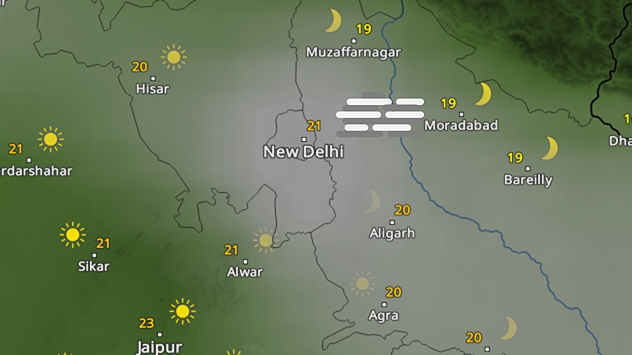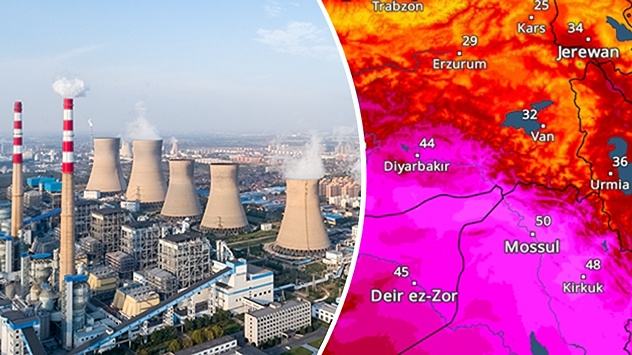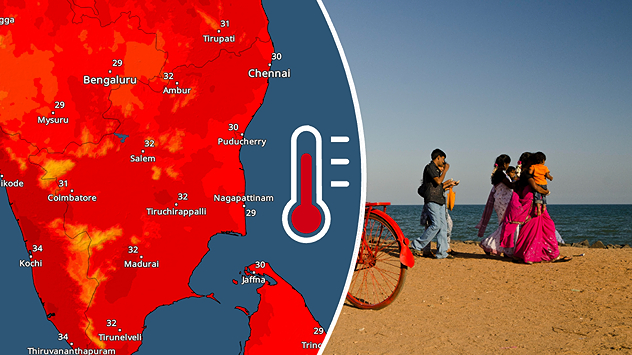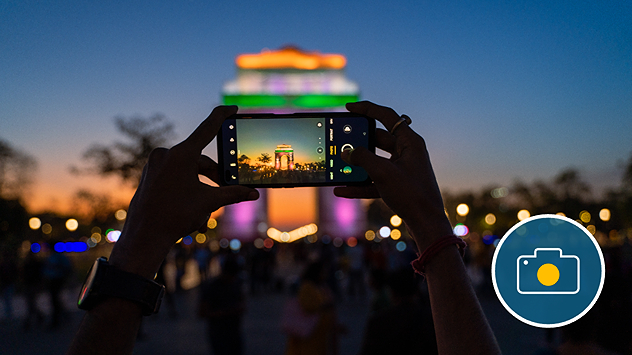Understanding AQIWhy is Delhi's Air so Polluted?

| Air Quality Index | Category & Color | What does it mean? |
|---|---|---|
| 0 - 50 | Good (green) | Safe to breathe. People not exposed to any health risk. |
| 51 - 100 | Satisfactory(light green) | Air quality safe for healthy adults. |
| 101 - 200 | Moderately Polluted (yellow) | Can cause difficulty breathing for people with respiratory conditions. |
| 201 - 300 | Poor (orange) | Unsafe for children, pregnant women and the elderly |
| 301 - 400 | Very Poor (red) | Prolonged exposure can cause chronic breathing problems. |
| 401 - 500 | Hazardous/Severe (maroon) | Prolonged exposure can lead to serious health problems and impairment. |
Delhi-NCR is India's largest airshed
What Pollutants Contribute to Poor AQI?
Particulate Matter: PM2.5 and PM10 are the smallest particles found in smoke and dust Nitrogen Dioxide: NO2 emits from combustion Ozone: O3 develops in the atmosphere after contact with sunlight from gases that come out of smokestacks and factories
Carbon Monoxide and Sulphur Monoxide: CO and SO2 are produced from incomplete combustion of fossil fuels mostly from polluting vehicles Lead: Pb comes from contaminated dust of paint, batteries, vehicles
How can you use AQI to protect your health?
Limit Outdoor Activities : Avoid strenuous outdoor activities, especially for children, the elderly, and those with respiratory issues. Wear Masks : Use N95 masks to filter out harmful PM2.5 particles. Use Air Purifiers : Invest in air purifiers with good filters for indoor spaces.
Plant More Trees : Trees help absorb pollutants and improve air quality. Close Windows : Keep windows closed on poor AQI days to block polluted air. Stay Hydrated : Drink plenty of water and eat antioxidant-rich foods to detoxify.





